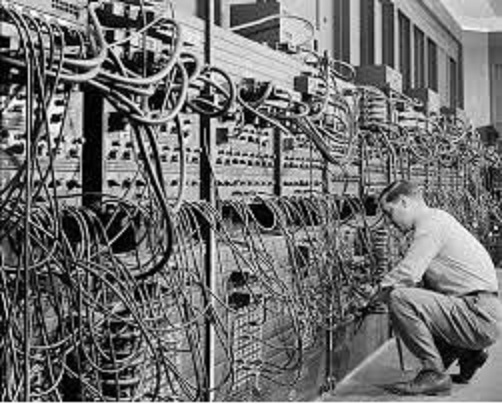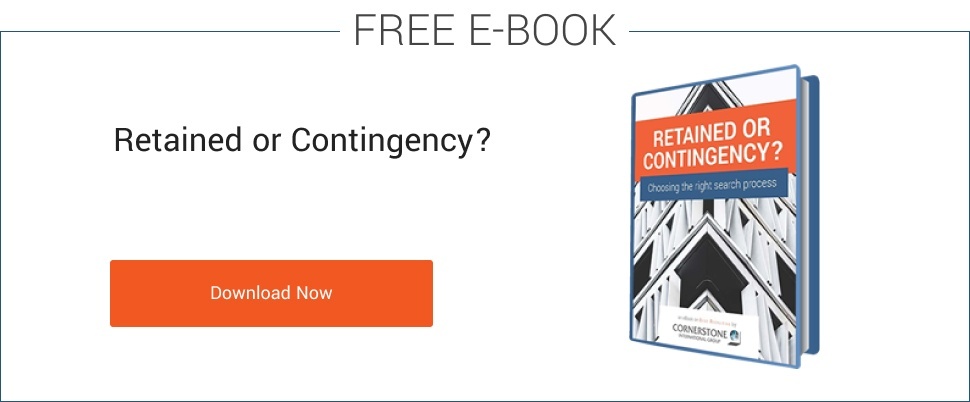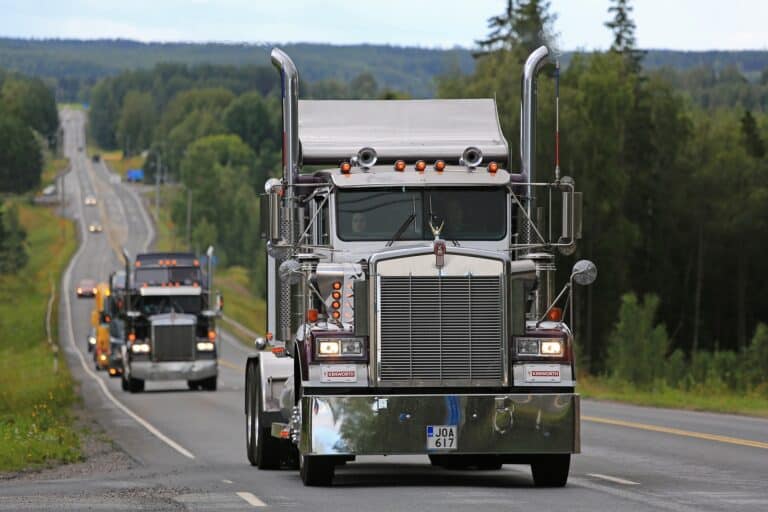Will AI Take Over Recruiting?
In many ways, yes. But that’s a GOOD thing.”
If you are one of the 16 million people who watched the season finale of Game of Thrones, you have a year to wait before finding out if the zombies take over Westeros.
If your nightmares are about little green robots taking over the workspace, you have about 45 years to wait. According to Oxford University, there is a 50% chance that by then, AI will be better than humans at most everything. Unless it’s not.

The trouble with predictions of AI supremacy is that they used that number, 45, back in 1956 when the first demonstration of Artificial Intelligence is claimed to have taken place. Here we are actually 61 years out and we still have to go to Mars the hard way and a human is still stitching the leather on a Jaguar steering wheel.
So take some advice from Raghav Singh. Relax.
Singh is a que sera sera guy with a difference. When it comes to AI, he doesn’t think what will be will be that threatening. He’s the robotophobic’s best friend.
Singh has developed multiple software products and held senior positions at several recruiting technology vendors. He also writes for ERE Media and is notable for being able to explain AI in positive and even welcoming terms. No scary stuff here.
For a suspiciously large percentage of people, Artificial Intelligence is going to take over the working world and put the last human recruiter in his/her grave. But, after millions of words, has it happened yet?
Humans ahead 5:1
Raghav acknowledges there were 50,000 robots added in the automotive sector between 2010 and 2016. He also says employment in the industry increased during that time by 250,000.
And there, he says, is the common mistake made in understanding the impact of AI. It’s not destined to replace people in the workplace as much as dramatically increase their productivity.
What AI does principally is pattern recognition. It is most useful where people output is inconsistent or unreliable (as from tedious tasks) and there are large amounts of usable data.
AI is all about machine learning. Given time and sufficient data, the machine can learn to make better decisions than humans.
Robots make better buy decisions
BlackRock, the world largest asset manager with $5.1 trillion in total assets, this year moved to robots which analyze vast amounts of data and make better buy and sell decisions than humans.
So the fears of the recruiting industry that there soon will be no-one to recruit are just that. What we will see is a machine using data from humans to refine algorithms until it can outperform a human’s response to varying situations. The more data, the more capable it becomes.
The impact on the recruiting industry, according to Singh, will be positive. Selection is often the most unpredictable part of recruitment. Inconsistent use of assessments and poorly structured interviews often lead to inferior candidates at the top of the list.
AI will make the recruiting process more productive by creating candidate pools faster and narrowing those down to a small group of most likely candidates.
But AI is unlikely going to replace an experienced recruiter. The potential of AI at this point is to help get more hires and better hires in less time.
It will be able to identify characteristics to be pursued but since no-one is going to talk to a machine, it will still take that wise and experienced recruiter, in person, to make the final decision.
For more information on AI in recruiting, read Raghav Singh in ERE Media






